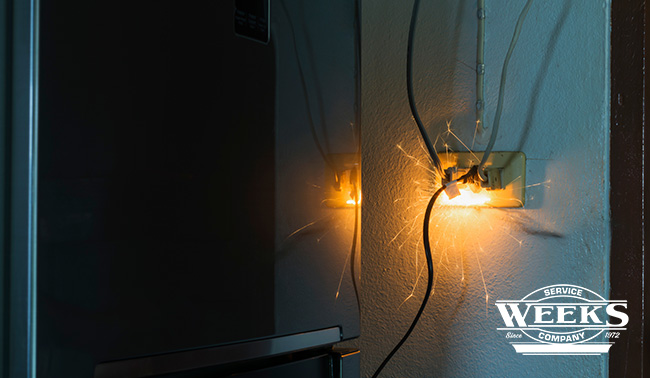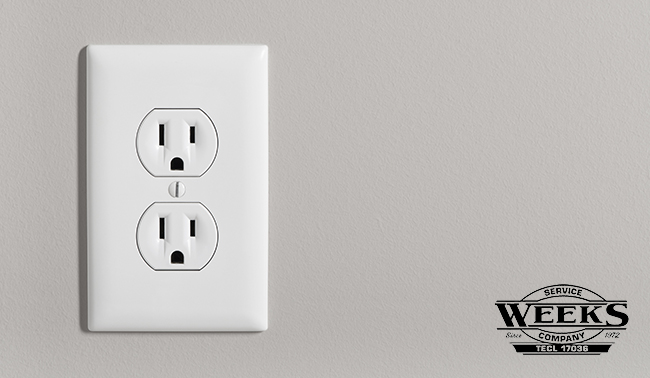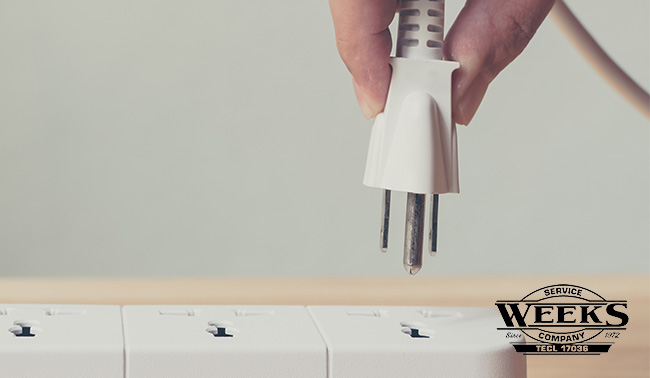
How old is your home’s electrical system? Does it show signs of instability? Playing it safe and scheduling an electrical safety inspection every year is a good idea. Even if you have a relatively new system and never experience electrical problems, it is always prudent to have an assessment every few years. Annual maintenance is the best way to avoid electrical fires. But if you are faced with one in your home, you should know how to act. Knowing how to deal with an electrical fire might not just save your home – but the lives of your loved ones as well.
Your safety comes first
If an electrical fire starts, the first thing you should do is call 911 – and make sure they are aware that it’s an electrical fire. If you decide to stay and deal with the fire yourself – only do so if there are two clear pathways to freedom. When one of those pathways gets blocked by fire or smoke, quickly exit through the alternate route. Fighting a fire in your home is not worth risking your safety.
Disconnect your electronics
If it is apparent where the electrical fire started, such as a small electronic or appliance, try to unplug it from the wall immediately. Unplugging it will decrease the chances that the fire will spread. This will also allow you to focus on the fire itself. If you can’t unplug the source, you’ll have to disconnect the power in your home. Go to the electrical panel and turn the power off directly. When you’ve cut the power, you are no longer in danger of electric shock and the origin of the fire is cut off.
Keep baking soda on hand
If the source of the fire can’t be contained, stop it with baking soda. The old kitchen standby contains the compound sodium bicarbonate, which is a component found in Class C fire quenchers. Keeping an open box of baking soda accessible could make all the difference when fighting a small electrical fire.
Don’t put out fires with water
In spite of the fact that it might be your first thought, never use water on any electrical fire if your electricity is still on. Water conducts electricity, so in the event that you throw water onto the flames, you are in danger of being severely burned.
Stop electrical fires with Weeks Service Co.
To keep electrical fires from starting, think about scheduling an electrical safety inspection from a skilled technician. The professionals at Weeks Service Company can assist you with finding any problems in your system – and how to remedy them. Call us today at 218-332-9555 to schedule an assessment!



